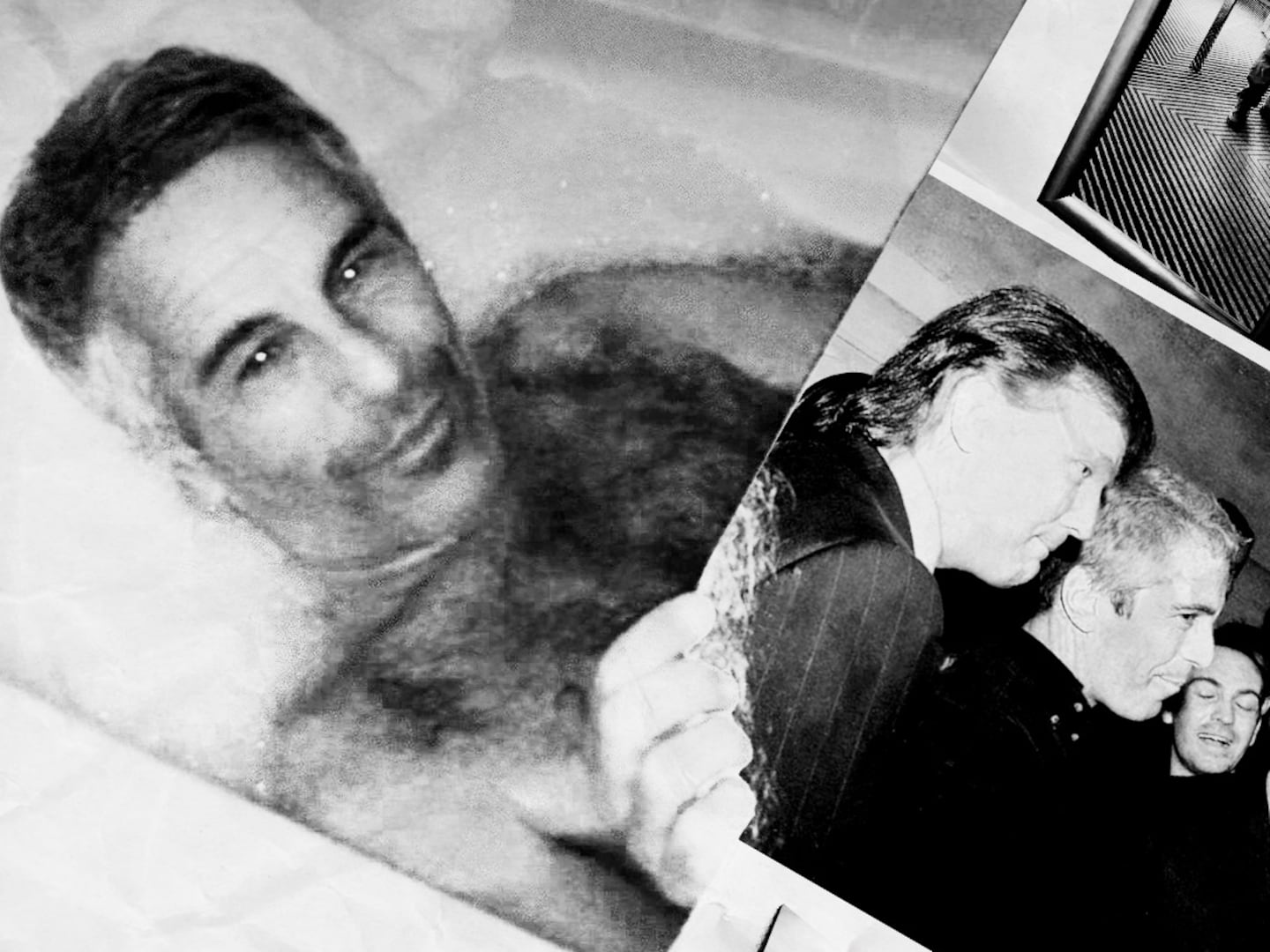The Union Flag has been lowered to half mast over Buckingham Palace, and spokespeople there have said that the Queen will be sending a message of condolence to the family of Mrs Thatcher. There is no doubt that the two women, seperated in age by just six months (Thatcher was the elder), respected each other enormously. But it was not always an easy relationship. There's a marvelous moment in the new Helen Mirren play, “The Audience” – which dramatizes the weekly meetings that have taken place between monarch and her prime minister every Tuesday for the last sixty years – when the Queen is seen literally trembling in her boots as she awaits the arrival of Margaret Thatcher one afternoon.

The Queen’s equerry provides a running commentary on Thatcher’s state – the word from Whitehall is that she is ‘vibrating’ and when she gets out of the official car to charge into the palace, her feet are said to be scarcely touching the ground such is her rage.
Soon enough, Thatcher arrives in the Queen’s presence and begins furiously upbraiding the Queen, accusing her of betraying the confidentiality of their meetings, following the appearance of a piece in the Sunday Times reporting that sources ‘very close’ to the Queen have signaled that the Queen finds Thatcher’s policies hard-hearted and lacking in compassion for the poor.
The Queen tries desperately to change the subject, suggesting they talk about “the business of the day,” to which the fictional Thatcher thunders in reply: “This IS the business of the day!”
And indeed it was. Writer Peter Morgan can’t resist the temptation to play the scene for laughs, but in fact, the revelations that the Queen disapproved of Thatcher’s policies, and, even more importantly, the fact that she allowed her disapproval to be known, were deadly serious. They came close to provoking a constitutional crisis in the summer of 1986.
The initial disagreement between the Queen and Thatcher centered on the Commonwealth, a loose alliance of territories which were formerly part of the British Empire, which the Queen was and is devoted to, but Thatcher was much less convinced by.
Thatcher defied the Queen’s wishes by refusing to impose sanctions on the apartheid regime in South Africa, saying it would cost jobs, and the Queen feared the issue could split the Commonwealth (all other Commonwealth nations did impose sanctions on South Africa). Thatcher never managed to allay public suspicion that the involvement of Thatcher's son, Mark, in South African business was a factor in her reluctance to sanction the racist regime.
From the starting point of South Africa, their differences magnified and when a Sunday Times reporter, Simon Freeman, obtained some extraordinary statements from sources close to the Queen, later claimed to be the Queen’s press secretary, the Scotsman Michael Sinclair MacAuslan Shea (who of course denied he was the source), the story exploded.
The July 20, 1986 edition carried the headline “Queen dismayed by ‘uncaring’ Thatcher”, and the story said that the Queen considered her PM’s approach to be often “confrontational and socially divisive”.
Thatcher’s press officer, Sir Bernard Ingham, later said: “There was a feeling around Buckingham Palace that people there were amused by Mrs Thatcher — people who derived amusement from Mrs Thatcher’s passion, people who looked down their noses at her, as a kind of Johnny-come-lately.”
The irony was that Thatcher was a staunch monarchist. Thatcher said she was “knocked sideways” by the affair, distressed that the public believed she had upset the Queen, to whom she always curtseyed. “There was a lot of dismay around, a lot of shaking of heads over the Sunday Times material,” said Ingham. “It was a cross we had to bear.”
Michael Shea left his job as the Queen’s press secretary soon after, but denied his resignation had anything to do with the Sunday Times scandal. He went back to Scotland, became a PR officer for the building materials company Hanson, and died in 2009 aged 71 after suffering from dementia.
The Queen has only been caught out expressing her political views one other time, when a BBC reporter said she was dismayed at the country's failure to deport a radical Islamic cleric.
There are few enough people who can make the Queen nervous, and with Margaret Thatcher's passing, their number just decreased by one.






